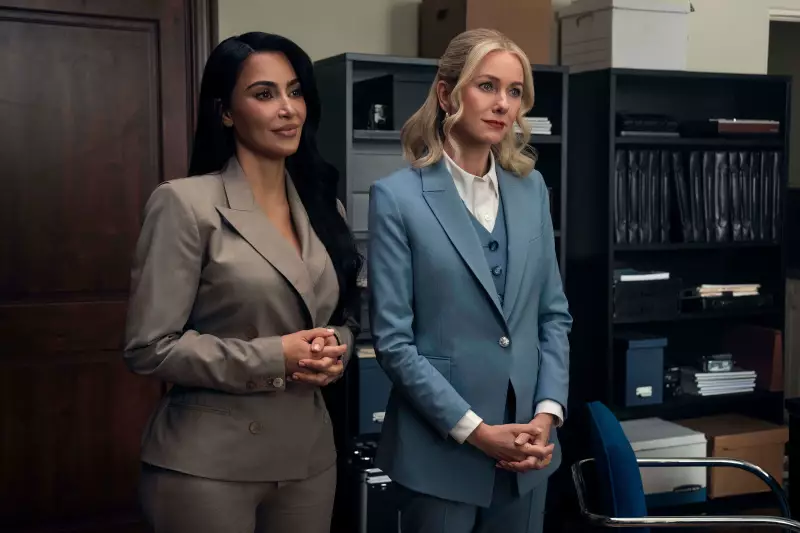
The latest cinematic offering, 'All's Fair,' is creating waves across Canada's entertainment landscape, though not necessarily the kind filmmakers typically hope for. Critics have unleashed a torrent of brutal assessments that leave little to the imagination about the film's perceived shortcomings.
Directed by Winnipeg's own Danishka Esterhazy, this romantic comedy follows the story of a woman navigating the treacherous waters of modern dating. Despite its promising premise, the film has become the target of what can only be described as a critical feeding frenzy.
A Critical Bloodbath
Reviewers haven't been shy about their disapproval. One publication went so far as to call it "the worst movie of the year," while others have described it as "painfully unfunny" and "a cinematic train wreck." The consensus seems to be that the film misses the mark on multiple fronts, from character development to comedic timing.
The Silver Lining: Accidental Entertainment?
However, an interesting phenomenon is emerging from the wreckage. Some viewers and critics are beginning to wonder if 'All's Fair' has inadvertently achieved that rare cinematic status: the "so-bad-it's-good" masterpiece. There's growing speculation that the very qualities making critics cringe might be what transforms the film into an unintentional comedy gem.
This raises compelling questions about the nature of entertainment value. Can a film's failure to meet conventional standards of quality create its own unique appeal? The divided reactions suggest that traditional metrics of cinematic success might not tell the whole story.
A Conversation Starter
Regardless of where one stands on the quality spectrum, 'All's Fair' has succeeded in one undeniable area: it's got people talking. The polarized responses have sparked lively debates about taste, artistic merit, and what truly makes a movie enjoyable.
For Canadian cinema enthusiasts and lovers of cinematic curiosities alike, 'All's Fair' presents an intriguing case study in how audiences engage with and find value in films that defy traditional critical approval.





